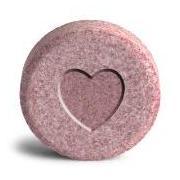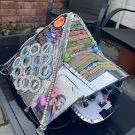-
Recently Browsing 0 members
- No registered users viewing this page.
-
Latest Activity
-
By Chavmeisterdeluxe · Posted
Yeah I gave them too much credit thinking they'd actually book some emo bands to fit the name of the festival -
No one gives this slack to Wenger and coming up against fergies utd. Klopp return for a team compared to the all time great teams, is average to say the least.
-
Menomena are back. Would love them as a surprise late addition.
-
By FloopFiller · Posted
It’s definitely gonna be an extended set/two sets rather than any kind of Q&A or anything like that. I would’ve been happy enough with a lot of the support acts from the other shows, but even more of the band I’m paying for is a huge win for me so I’m stoked that’s what they’re doing for their Manchester shows.
-
-
Latest Festival News
-
Featured Products
-

Monthly GOLD Membership - eFestivals Ad-Free
2.49 GBP/month
-
-
Hot Topics
-
Latest Tourdates


















Recommended Posts